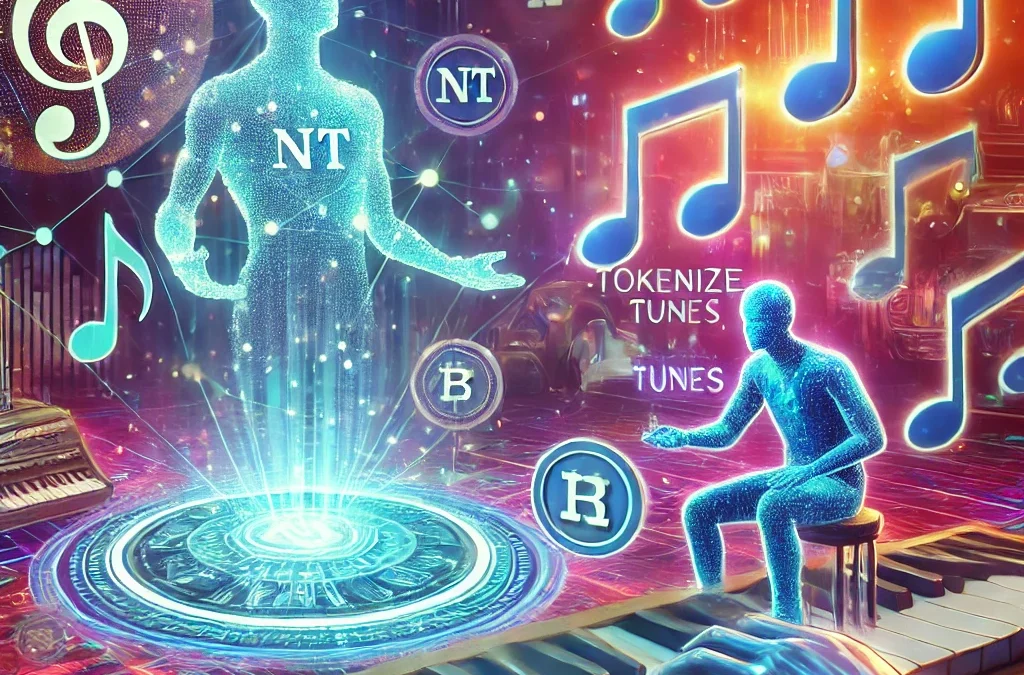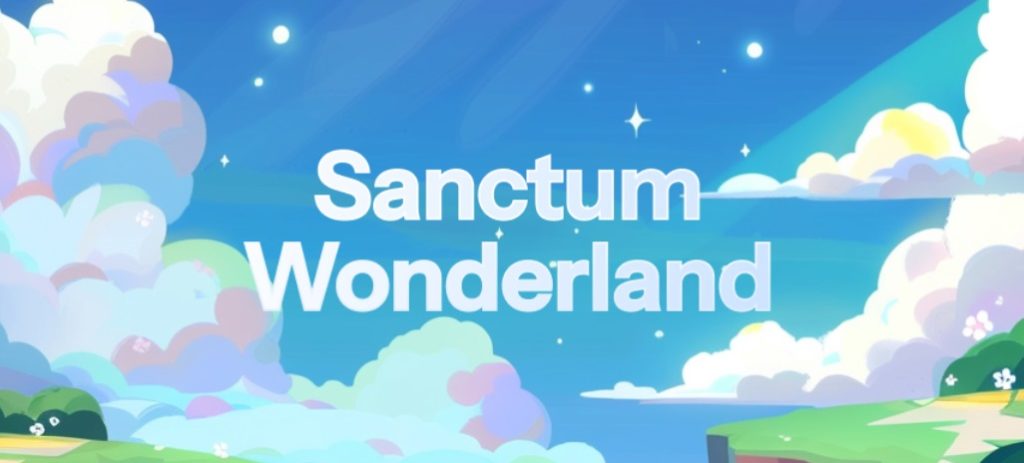Tokenizing Tunes: AI-Generated Songs and Blockchain-Powered Royalties
The music industry has always been a fertile ground for innovation, from the phonograph to digital streaming. Today, a new frontier is emerging: the convergence of artificial intelligence (AI) and blockchain technology. Together, they are reshaping the way music is created, distributed, and monetized. This article explores how AI is generating songs and how blockchain is enabling fair and transparent royalty systems through tokenization.
AI-Generated Songs: Creativity Meets Technology
AI’s ability to analyze and replicate human creativity has reached impressive heights in the music world. By using deep learning algorithms and vast datasets of musical compositions, AI can now compose original songs in various genres, from classical to EDM. Platforms like OpenAI’s MuseNet and AIVA (Artificial Intelligence Virtual Artist) have become pioneers in this space.
- Personalized Music Creation
AI-generated music allows users to create personalized soundtracks tailored to specific moods, events, or even individual tastes. For instance, an AI engine can compose music for a wedding, gaming session, or workout routine in real time. - Collaborative Innovation
Many artists are using AI as a collaborative tool rather than a replacement. Musicians input their ideas, and AI suggests complementary melodies, harmonies, or rhythms, enhancing creativity and speeding up production. - Democratizing Music Creation
By lowering the technical and financial barriers to entry, AI empowers independent artists and enthusiasts to create professional-quality music without expensive equipment or years of training.
Blockchain-Powered Royalties: Solving Age-Old Problems
The music industry has long struggled with issues of royalty distribution and intellectual property rights. Blockchain, with its decentralized and transparent ledger system, offers innovative solutions.
- Tokenization of Music Rights
Blockchain allows songs or albums to be tokenized into non-fungible tokens (NFTs), representing ownership and usage rights. These tokens can be easily traded, sold, or licensed on blockchain platforms, providing clear and enforceable terms of ownership. - Real-Time Royalty Distribution
Smart contracts on the blockchain ensure that royalties are distributed instantly and fairly. Every time a song is streamed, downloaded, or used commercially, the smart contract automatically allocates payments to the rightful owners, whether they are artists, producers, or lyricists. - Direct Artist-to-Fan Transactions
By bypassing traditional intermediaries like record labels and distributors, artists can engage directly with their fans. Platforms such as Audius and Royal enable musicians to sell tokenized music directly, fostering a closer connection while retaining a larger share of revenue.
The Synergy Between AI and Blockchain
When combined, AI and blockchain unlock even greater potential for the music industry:
- AI-Powered Licensing
AI can analyze music usage across platforms and track unauthorized use, while blockchain ensures that rights holders are compensated for every use case. - Enhanced Customization Through Tokenization
Fans can purchase tokenized rights to specific versions of songs or custom AI-generated remixes, creating a unique and interactive musical experience. - Crowdsourcing Creativity
Blockchain-based platforms can tokenize AI-generated music, allowing fans to co-own and profit from their favorite tracks. This creates a new paradigm where listeners become stakeholders in the success of an artist’s work.
Challenges and Opportunities
While the opportunities are immense, challenges remain:
- Ethical Concerns
As AI-generated music proliferates, questions arise about intellectual property. Who owns an AI-composed song—the creator of the AI, the user, or the AI itself? - Adoption Hurdles
For blockchain-powered royalties to become widespread, major players in the music industry must adopt these technologies. Resistance from traditional stakeholders may slow progress. - Regulation and Standards
As with any emerging technology, regulatory frameworks and industry standards will need to evolve to address these new dynamics.
The Road Ahead
The fusion of AI and blockchain is not just a technological evolution but a cultural shift. It democratizes access to music creation and monetization while addressing long-standing issues of fairness and transparency. Artists and fans alike stand to benefit from these innovations.
As these technologies continue to mature, we may soon see a music industry that is more equitable, efficient, and artist-centric. Whether you’re a listener, creator, or investor, the future of tokenized tunes promises to be as exciting as the music itself. 🎶
By embracing the dual power of AI and blockchain, the music industry is embarking on a journey to redefine its core principles. From the way songs are born to how they reach our ears, these technologies are transforming the essence of music in the digital age.


